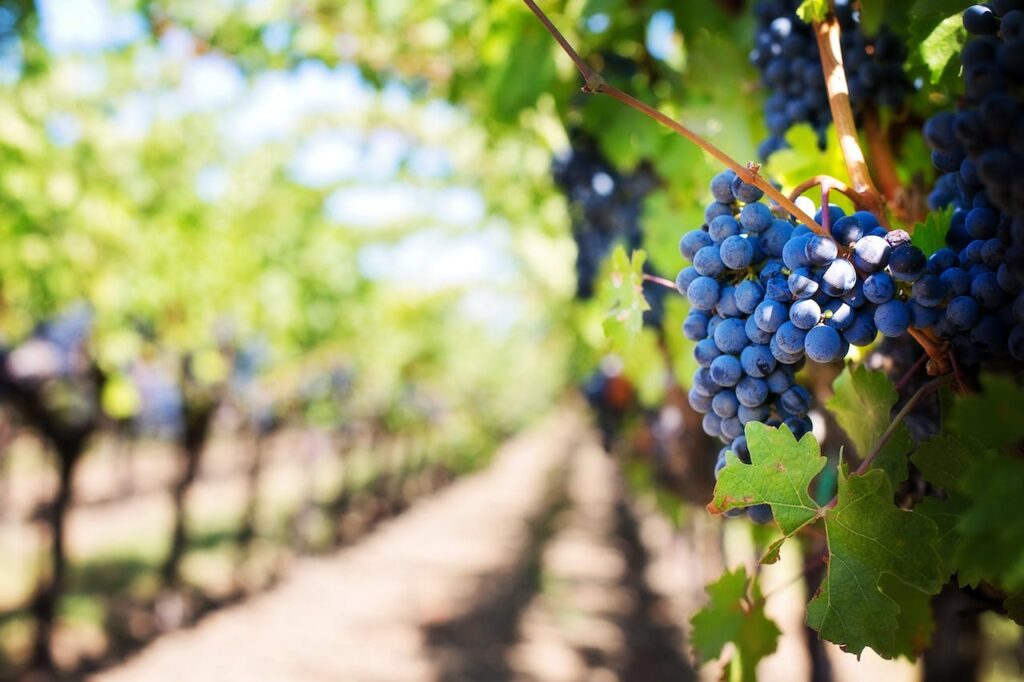Oliva, a serene municipality nestled on the eastern coast of Spain, is not just another picturesque seaside town. Behind its sandy shores and under the shade of its orange groves, Oliva tells a tale of deep-rooted tradition and a flourishing relationship with agriculture and farming—a story that intertwines the essence of the Mediterranean lifestyle with the earth’s bounty. This 1000-word article unfolds Oliva’s agricultural heritage, exploring how this vital sector forms the backbone of its economy, culture, and daily life.
The Historical Groundwork of Oliva’s Agriculture
Oliva’s agricultural story is as old as the town itself, dating back to the time when the Iberians tilled this land. With the arrival of the Romans and later the Moors, Oliva’s agricultural practices were refined, leading to an enhancement of irrigation techniques and the introduction of new crops which have since become synonymous with the region’s identity. These historical undertakings have laid a solid foundation for the sophisticated farming practices observed in Oliva today.
The Green Gold: Citrus and Olive Groves
Driving through the countryside of Oliva, one is captivated by the endless stretches of citrus groves, with oranges, lemons, and mandarins painting a vibrant tableau. Dubbed as ‘green gold,’ these citrus fruits are not just agricultural products; they are part of Oliva’s living heritage, contributing significantly to the local and national economy. Olive farming, another traditional practice, yields the liquid gold that is olive oil, an indispensable component of the Valencian gastronomy and a prized export product.
The Paddy Fields: Rice Cultivation and its Cultural Significance
Rice farming in Oliva’s marshlands presents another facet of its agricultural identity. The paddies are part of a complex ecosystem and are central to local cuisine—most notably, the birthplace of the Spanish paella. The cultivation of rice is a testament to the ingenious ancient water management systems still in use, embodying a sustainable relationship between the people of Oliva and their environment.

From Farm to Markets: The Local Trade Network
Market days in Oliva are a kaleidoscope of colors, scents, and sounds. Farmers from the surrounding areas bring their freshest produce to the town’s markets, sustaining a vibrant trade network and providing the community with locally-grown food. This direct line from farm to table not only supports the local economy but also fosters a sense of connection among residents and an appreciation for the fruits of their land.
Viticulture and the Art of Winemaking
The sun-kissed hills surrounding Oliva are dotted with vineyards, contributing to the Valencian wine tradition. The cultivation of grapevines and the art of winemaking are integral to Oliva’s agricultural landscape, producing wines that capture the essence of the region’s climate and soil. Wine tours and tastings are becoming an increasingly popular facet of agritourism, adding value to Oliva’s economic diversification.
The Organic Shift: Embracing Sustainable Practices
In recent times, Oliva has witnessed a paradigm shift towards organic farming. With an increasing global consciousness about health and sustainability, Oliva’s farmers are adopting practices that respect the environment while meeting the demands for organic produce. This transition is not only preserving the natural resources but is also opening up new markets for Oliva’s agricultural products.
Agricultural Festivals: Celebrating the Harvest
Oliva’s calendar is marked with festivals that celebrate the harvest, such as the Fira i Festes de Sant Lluis, which pays homage to the town’s agricultural roots. These festivals are not merely celebrations; they are a living tradition that reinforces the community’s bond with farming, highlighting the cultural importance of agriculture in Oliva.
Educational Farms and Agritourism: A Bridge Between Generations
Agritourism is a growing sector in Oliva, with educational farms offering tours and interactive experiences. These farms serve as a bridge between generations, ensuring that the knowledge and values of Oliva’s agricultural past are passed on to the youth. For visitors, these farms provide an authentic insight into the farming lifestyle, deepening their understanding of the land’s bounty.

Agricultural Cooperatives: Strength in Unity
Oliva’s farming community has long recognized the strength in unity. Agricultural cooperatives play a crucial role in the town’s farming sector, providing support to individual farmers, optimizing production costs, and improving access to markets. These cooperatives are a testament to Oliva’s communal spirit and are central to the resilience of its agriculture.
Challenges and Innovation in Modern Farming
While Oliva’s agricultural sector is robust, it faces its share of challenges, including climate change, water management, and market competition. In response, Oliva has become a hotspot for agricultural innovation, with research and development in new farming techniques, water-saving technologies, and crop diversification.




